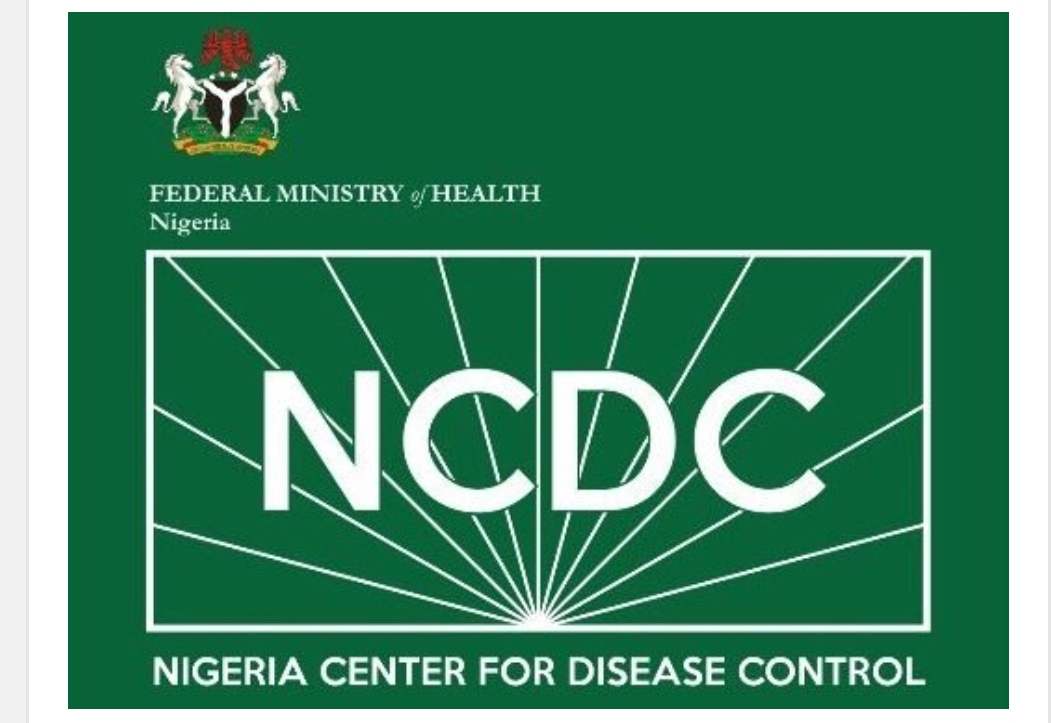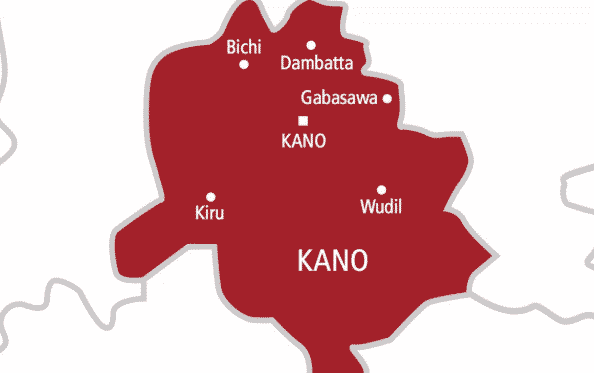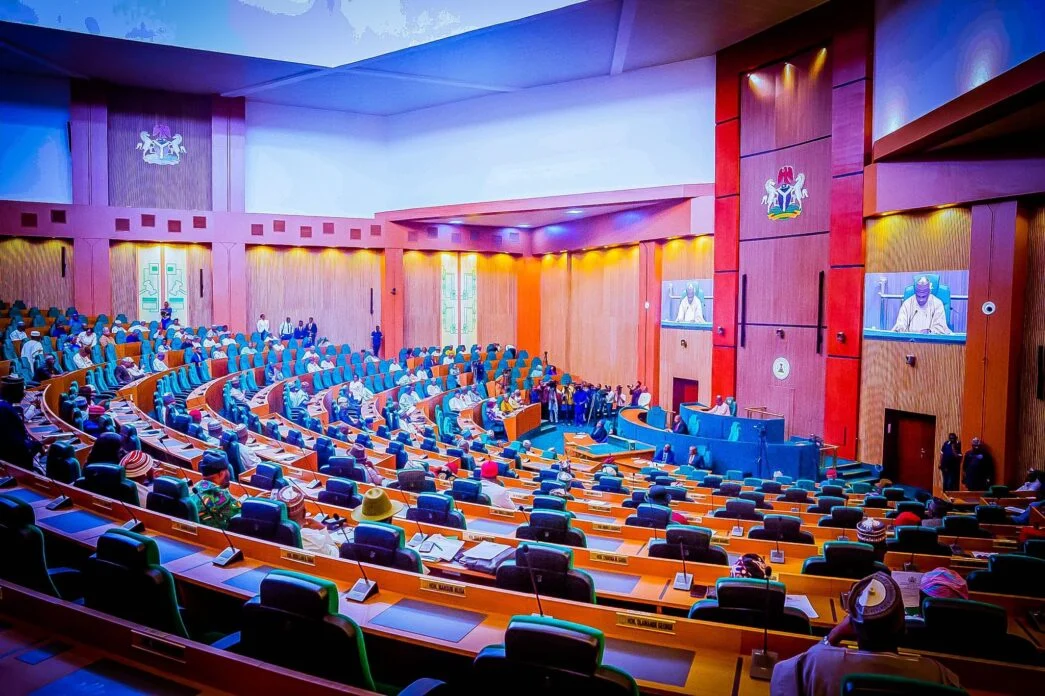Lassa fever outbreak continues as UK visitor tests positive

The Nigeria Centre for Disease Control and Prevention (NCDC) has confirmed a case of Lassa fever in a 31-year-old physician who recently returned from the United Kingdom. The Director General of the NCDC, Dr. Jide Idris, issued a public advisory on Monday, stating that the agency was notified of the confirmed case on March 5th by the Ondo State Ministry of Health. The physician had been managed at a private health facility in Ondo State.
According to the NCDC, the patient departed Nigeria on February 19th and returned on February 27th. Samples were taken on Friday, February 28th, due to a suspicion of Lassa fever. Tragically, the patient passed away in the early hours of Saturday, March 1st. Laboratory investigations confirmed Lassa fever via PCR testing on Tuesday, March 4th. It was noted that the patient had visited his fiancée in Edo State, as well as family and friends, before traveling.
Lassa fever is an acute viral hemorrhagic fever caused by the Lassa virus. The natural reservoir for the virus is the multimammate rat, also known as the African rat. Other rodents can also carry the virus.
Dr. Idris outlined the steps taken to enhance state and international coordination of control and management efforts. The Ondo State Ministry of Health has intensified contact tracing and is compiling a list of contacts of the confirmed case. All necessary in-country structures have been mobilized to ensure that all possible contacts are traced and monitored. The Port Health Services have been contacted to support contact tracing, line listing, and bolster surveillance efforts at points of entry and exit. Information, including the patient’s biodata and flight details, has been shared. Information has also been shared with relevant authorities in line with the International Health Regulations (2005), and contact tracing is ongoing in the UK.
Since the beginning of the year, Nigeria has recorded a total of 2728 suspected Lassa fever cases, with 535 confirmed cases and 98 deaths across 14 states, resulting in a case fatality rate of 18.3%. Five states account for 91% of confirmed cases: Ondo (31%), Bauchi (24%), Edo (17%), Taraba (16%), and Ebonyi (3%). Ten local government areas account for 68% of confirmed cases: Owo, Akure South, Etsako West, Kirfi, Akoko South West, Bali, Esan North East, Bauchi, Toro, and Jalingo.
Dr. Idris emphasized that while the NCDC leads prevention, preparedness, and response to public health emergencies, state governments are crucial in implementing outbreak response plans tailored to their specific geographical needs. He called for a collective responsibility, urging members of the public to play their part.
The public is advised to maintain a clean environment, particularly homes, markets, and dump sites, to reduce breeding grounds for rats. This includes blocking holes in houses to prevent rat entry, covering dustbins, and proper waste disposal. Communities should establish dump sites far from homes. Food items should be stored in tightly sealed containers, and open drying of foodstuffs should be avoided. Rats (bushmeat) should be properly processed before consumption. Bush burning and deforestation should be discouraged as they drive rodents to seek food and shelter in human residences. Rat traps and other safe means should be used to eliminate rats in homes and communities. Good personal and hand hygiene, including frequent hand washing with soap under running water or using hand sanitizers, is also essential.
People should avoid overcrowded living areas and self-medication. Anyone noticing signs and symptoms associated with Lassa fever should visit the nearest health facility or call the State Ministry of Health hotline and 6232 (NCDC).








